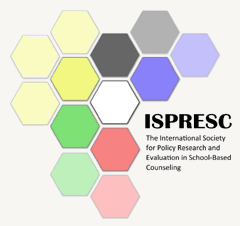DOI
10.25774/7p0d-h080
First Page
45
Last Page
57
Abstract
In the age of accountability, school counselors are responsible for ensuring that their services are effective for all students by providing evidence of the impact of comprehensive school counseling programs (CSCPs) on student academic outcomes. Numerous studies provide empirical evidence of the impact of RAMP on student outcomes; however, none have disaggregated outcome data by race/ethnicity. Reviewing disaggregated scores will aid in how CSCPs and school counselor caseloads support specific student populations and assist in closing student opportunity gaps. Using an archival dataset from Indiana DOE (n=264), we sought to understand the impact of a state-recognized CSCP and school counselor caseload on populations historically identified as underserved and underrepresented by examining critical demographic variables such as gender, race/ethnicity, and school socioeconomic status. Results indicated significant differences in ELA scores for white students only, whereas lower SC caseload was related to higher academic outcomes for marginalized students.
Recommended Citation
Rutledge, M. L., Burgess, M., Bledsoe, K. G., & Stickl Haugen, J. (2023). Examining Indiana’s State-Recognized Comprehensive School Counseling Programs, Caseload, and Academic Outcomes of Diverse Student Populations. Journal of School-Based Counseling Policy and Evaluation, 5(2), 45-57. https://doi.org/10.25774/7p0d-h080
Included in
Counseling Commons, Social Justice Commons, Student Counseling and Personnel Services Commons



